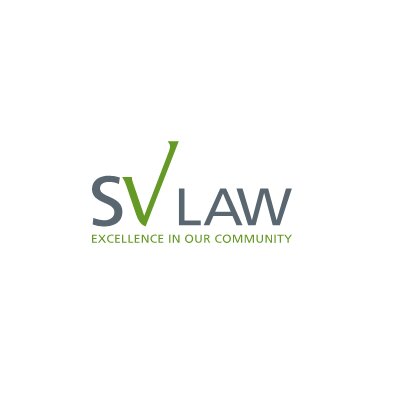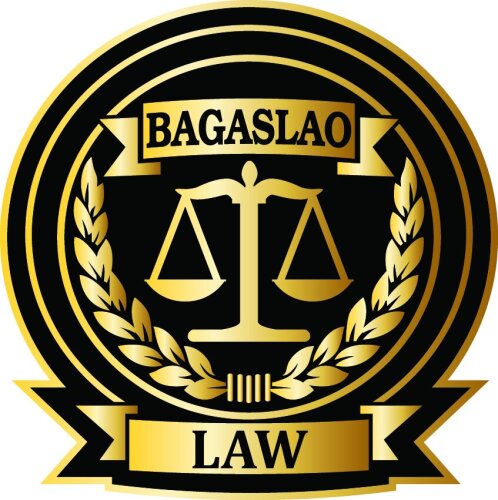Best Trusts Lawyers in Canada
Share your needs with us, get contacted by law firms.
Free. Takes 2 min.
Or refine your search by selecting a city:
List of the best lawyers in Canada
About Trusts Law in Canada
Trust law in Canada is a crucial aspect of property and estate planning, allowing individuals to manage and protect their assets effectively. A trust is a legal relationship where one party, known as the trustee, holds property for the benefit of another party, the beneficiary. The person who creates the trust is called the settlor. Trusts can be established for various reasons, such as estate planning, asset management, tax reduction, or ensuring that specific terms and conditions are met for the benefit of certain individuals or organizations.
Why You May Need a Lawyer
There are numerous situations where you might need legal assistance with trusts in Canada:
- Creating a trust to ensure your estate is managed according to your wishes.
- Understanding the tax implications associated with a trust.
- Disputes between trustees and beneficiaries about the management of the trust.
- Modifying or terminating an existing trust.
- Ensuring compliance with Canadian trust laws and regulations.
- Protecting assets in the event of divorce or business risks.
Local Laws Overview
Trusts in Canada are generally governed by provincial or territorial law, which means the specific regulations can vary across regions. Key aspects of Canadian trust law include:
- Creation of a Trust: This involves a settlor transferring property to a trustee, with clear intention and purpose.
- Trustee Duties: Trustees have fiduciary responsibilities, including duty to act in the best interest of beneficiaries, duty of loyalty, and duty to manage the trust prudently.
- Types of Trusts: There are several, including express trusts, resulting trusts, and constructive trusts, each with unique legal implications.
- Taxation: Trusts are separate legal entities for tax purposes, and the taxation of trusts can be complex, involving considerations such as income distribution and capital gains.
- Registration: Some provinces require that trusts be registered or follow specific formalities.
Frequently Asked Questions
What is the main purpose of a trust?
A trust helps manage and protect assets, ensuring they are used in a manner consistent with the settlor's wishes, often for beneficiaries who may not be able to manage them alone.
Can a trust be altered or revoked?
It depends on the type of trust. Revocable trusts can be changed, while irrevocable trusts are generally fixed and require court intervention to modify or terminate.
Who can be a trustee in Canada?
Any competent person aged 18 or older can be a trustee in Canada. Trust companies and financial institutions can also act as trustees.
What are the tax implications of creating a trust?
Trusts are subject to income tax, and the rules can be complex. Professional tax advice is recommended to understand specific implications.
How is a trust funded?
A trust is funded by transferring property or assets from the settlor to the trust, which then becomes managed by the trustee.
What happens if a trustee breaches their duties?
If a trustee breaches their fiduciary duties, they can be removed, and may be held liable for any losses incurred due to their actions.
Are trusts public or private?
Most trusts are private arrangements and do not require public disclosure.
How long can a trust last in Canada?
Trusts usually last a specific term or until the purpose has been fulfilled. Some may be structured to last indefinitely.
Can a minor be a beneficiary?
Yes, minors can be beneficiaries of a trust, with the trust often used to manage assets until they reach adulthood.
How do trusts help in estate planning?
Trusts can provide control over how assets are distributed after death, potentially save on estate taxes, and protect beneficiaries' interests.
Additional Resources
Here are some helpful resources for more information on trusts in Canada:
- Government of Canada's resources on estate planning.
- Provincial or Territorial law societies providing legal resources and directories.
- The Canadian Bar Association for comprehensive legal insights.
Next Steps
If you require legal assistance with trusts, consider taking the following steps:
- Consult with a lawyer specializing in trust law to understand your specific needs and options.
- Prepare any relevant documents and information about your assets and intentions.
- Book an initial consultation to discuss your situation and receive personalized advice.
- Consider additional advice from financial advisors, especially about tax implications.
Lawzana helps you find the best lawyers and law firms in Canada through a curated and pre-screened list of qualified legal professionals. Our platform offers rankings and detailed profiles of attorneys and law firms, allowing you to compare based on practice areas, including Trusts, experience, and client feedback.
Each profile includes a description of the firm's areas of practice, client reviews, team members and partners, year of establishment, spoken languages, office locations, contact information, social media presence, and any published articles or resources. Most firms on our platform speak English and are experienced in both local and international legal matters.
Get a quote from top-rated law firms in Canada — quickly, securely, and without unnecessary hassle.
Disclaimer:
The information provided on this page is for general informational purposes only and does not constitute legal advice. While we strive to ensure the accuracy and relevance of the content, legal information may change over time, and interpretations of the law can vary. You should always consult with a qualified legal professional for advice specific to your situation.
We disclaim all liability for actions taken or not taken based on the content of this page. If you believe any information is incorrect or outdated, please contact us, and we will review and update it where appropriate.
Browse trusts law firms by city in Canada
Refine your search by selecting a city.















